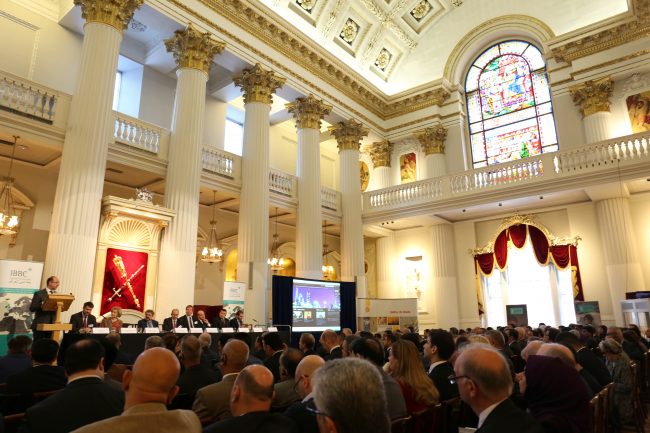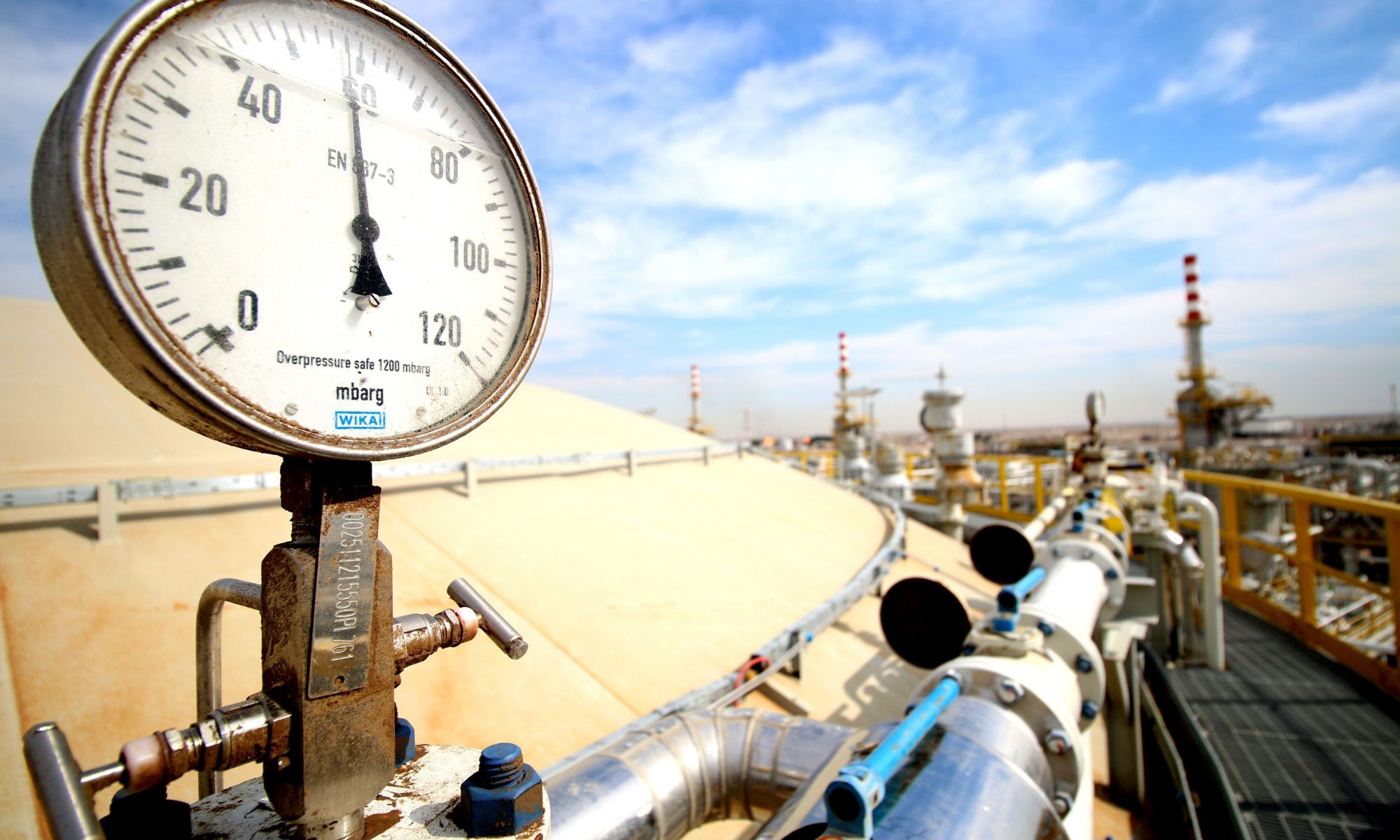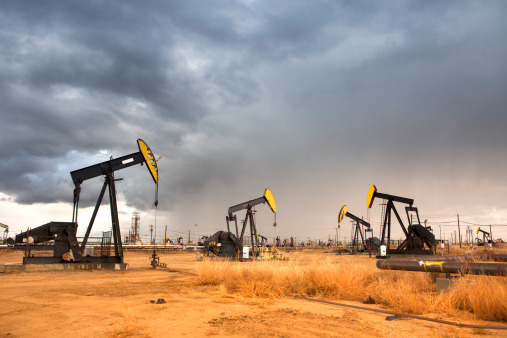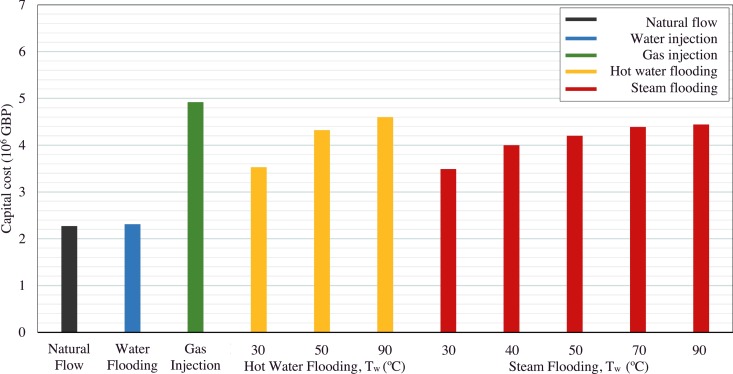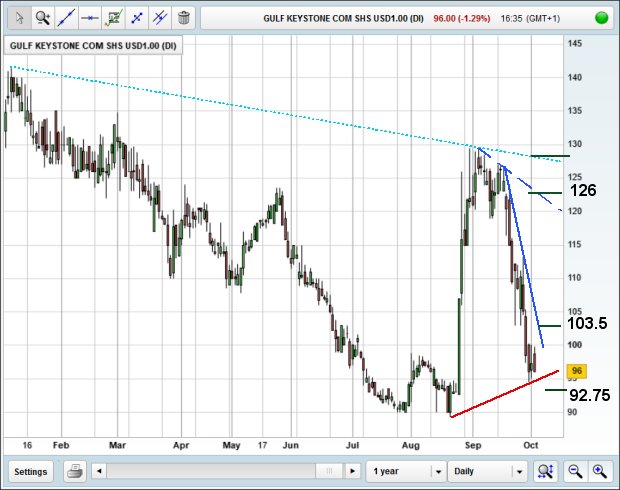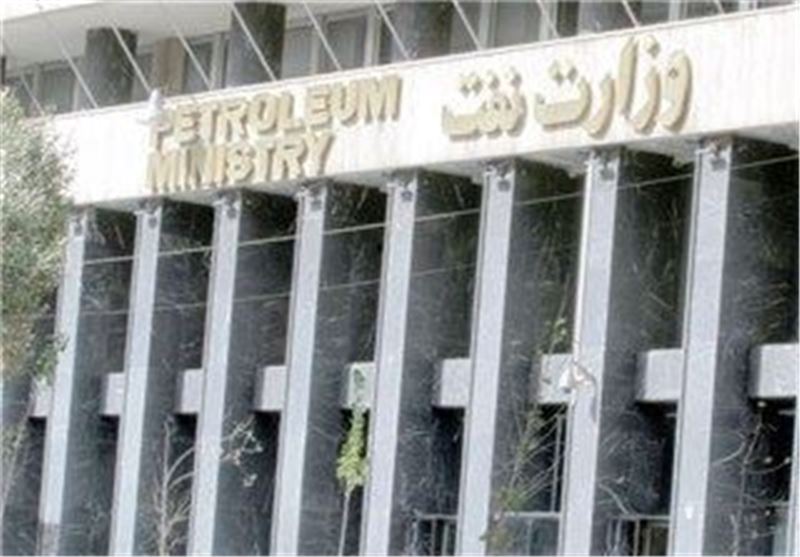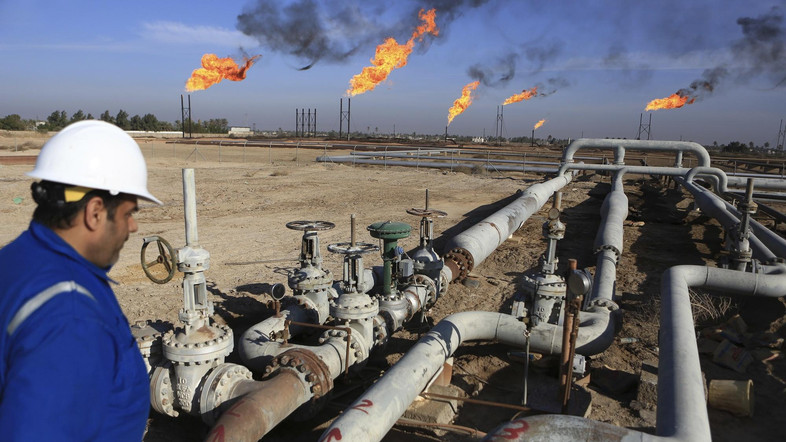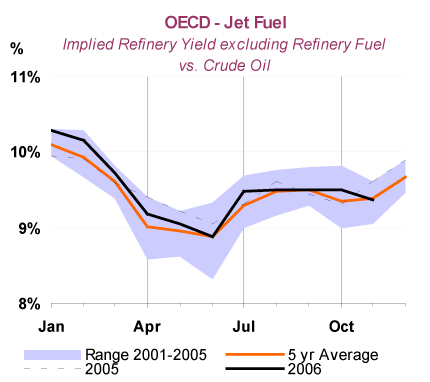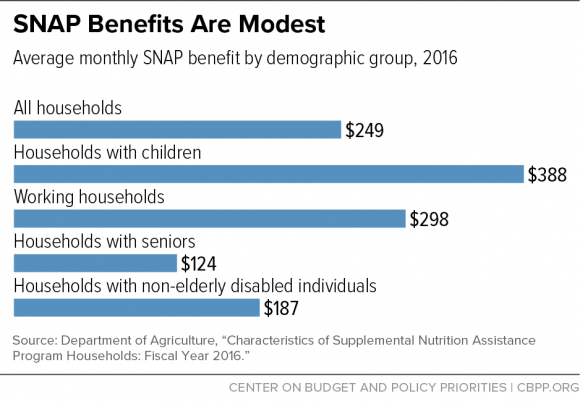Iraq: Building a diversified and modern economy
Tuesday 24 April at Mansion House, London
IBBC’s Spring Conference returns on 24 April 2018, bringing to the heart of London the preeminent political and business figures involved in business and the economy of Iraq.
The theme for this years’ conference is Iraq: Building a diversified and modern economy. The conference aims to address the key challenges in building a diversified and modern economy, which will enable Iraq to build on the recent economic and social stability to progress into one of the Middle East’s major economies once again. Sessions will focus on Finance, Technology, Oil & Gas and Education.
The Government of Iraq has confirmed it is sending a high-level delegation of government representatives to the IBBC Spring Conference, which will be led by H.E. Dr Abdul Kariem Al Faisal, Chairman of the Iraq Prime Minister’s Advisory Commission (PMAC). The delegation will also include senior representatives from the Iraq Ministries of Oil and Industry.
The IBBC Spring Conference, held at the prestigious Mansion House, the home and office of the Lord Mayor of London, is traditionally IBBC’s flagship event, which attracts suppliers, investors, producers and buyers from Iraq, the UK and the wider international business community.
Prominent speakers include Baroness Nicholson of Winterbourne, President of IBBC and the Prime Minister’s Trade Envoy to Iraq, Azerbaijan, Turkmenistan and Kazakhstan, Alderman Sir Alan Yarrow, Lord Mayor, Locum Tenens, Ambassador Jonathon Wilks, Her Majesty’s Ambassador to the Republic of Iraq and Baroness Fairhead CBE, Minister of State for Trade and Export Promotion, Department for International Trade.
IBBC expects a high attendance at the conference and the new round tables are designed for close business interaction and the facilitation of in-depth discussion, where delegates can focus on particular sectors of interest and engage with speakers and industry experts on the issues that really matter.
With representatives from all major interested parties involved in Iraq expected to attend, as well as pre- and post- networking events, the IBBC Spring Conference 2018 will provide many opportunities for networking at the highest level, as well as providing exceptionally informative and experienced panels.
Sessions on the agenda include:
Finance: ‘Criteria and process for obtaining major project finance’ Chair: Mr Gavin Wishart, IBBC
IBBC has gathered several preeminent voices in the finance industry to discuss the challenges and opportunities Iraqi and international firms face in sourcing capital for major projects. Representatives from some of the largest international finance organisations, JP Morgan and Allan & Overy LLP, as well as representatives from UK Export Finance and GE will discuss in detail the criteria and process of obtaining finance for major projects in Iraq.
- Mr Richard S. Wilkins, Executive Director – Export Finance, JP Morgan
- Mr Tom Longmuir, Counsel, Allen & Overy LLP
- Mr Guto Davies, Managing Director – Global ECA CoE Leader, GE Capital
- Mr David Craig, Deputy Head of Civil Infrastructure and Energy Business, UK Export Finance
Technology: ‘Developing Iraq’s digital economy’ Chair: Mr Ashley Goodall, IBBC
The IBBC Tech Panel brings together the two leaders of the UK and Iraq e-government initiatives in addition to experts in FinTech and entrepreneurial hub development. The panel will address in detail how innovative new technology and the use of information and communication technologies (ICTs) can improve the activities in the public and private sectors to help Iraq’s economy and growth.
- Mr Ahmed Elkady, Partner, Ernst & Young
- Mr Ali Al Dahwi, Consultant, Management Partners
- Mr Chris Fergusson, Director at The Cabinet Office (Government Digital Service)
- Mr Mohammed Khudairi, Managing Partner, Khudairi Group
Oil & Gas: ‘Need for locally available products and services – how the sector can help diversification of Iraq’s economy’ Chair: Mr Vikas Handa, IBBC
This expert panel consists of representatives from the largest IOC’s in Iraq, Governmental representatives from the Iraq Ministries of Oil and Industry and an Oil & Gas expert from the Department of International Trade. The session will cover all key aspects of Iraq’s Oil & Gas sector for 2018, delivered by the preeminent experts in the field and will include a panel discussion and Q & A chaired by Vikas Handa, the head of IBBC’s Oil & Gas Sector Table and its GCC representative.
- Dr Mark Wharton, Development Manager, Shell Iraq
- Mr Mike Wenham, Commercial Manager, BP Iraq
- Mr Bob Dastmalchi, Vice President, Business Development, Chevron
- Mr Craig Jones, Deputy Director, Oil & Gas, Department for International Trade
- Representative from the Ministry of Oil, Government of Iraq
- Representative from the Ministry of Industry, Government of Iraq
Education and Training: ‘Developing human capital in Iraq’
The panel brings together leading representatives from academia and business to address the challenges of developing Iraq’s human capital to support its transition into a diversified, vibrant economy. Members of the panel have direct experience of challenges and advantages of delivering advanced education and training in-country.
Chair & Presentation: Professor Paul Boyle, President & Vice Chancellor, Leicester University
- Mr Alex Haynes, Senior VP Business Development AMEA & Southern Europe, Wood
- Mr Saadi Faraj Muthanna, Business Development Manager, Al Nukhba-OFS FZCO
- Ms Christine van den Toorn, Institute of Regional and International Studies, American University of Iraq
- Mr Will Follett, Director, Restrata
With a dedicated and well informed agenda, IBBC are bringing the experts and practitioners best placed to answer these questions, so the international business community can work towards framing the future and contributing to a modern and outward looking Iraq. Each session will emphasise the growing business opportunities for international companies.
For more information and tickets, please visit: http://www.webuildiraq.org/ibbc-conference/spring-conference-2018/ or email london@webuildiraq.org.

